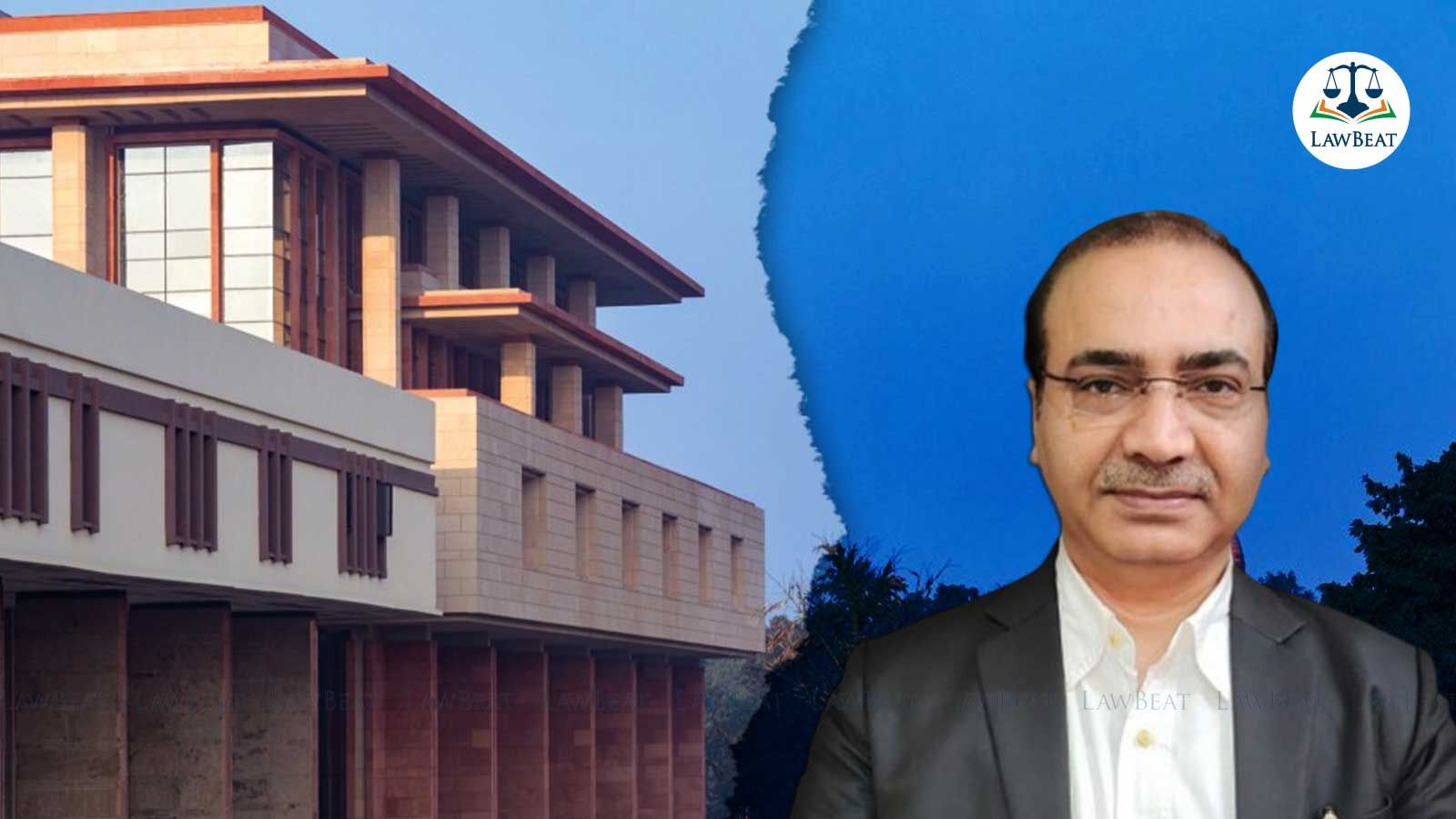Delhi High Court refuses to entertain Plea seeking ‘Uniform Judicial Code’

The plea filed by Advocate Ashwini Kumar Upadhyay stated that judicial terms, abbreviations, norms, phrases, court fees and case registration processes are not uniform across the country.
The Delhi High Court on Tuesday refused to entertain a Public Interest Litigation (PIL) filed seeking directions to the Law Commission of India to prepare a comprehensive report on the ‘Uniform Judicial Code’ in consultation with the high courts in order to make judicial terms, abbreviations, norms phrases, court fee structure, and case registration process uniform across the nation.
A division bench of Chief Justice Satish Chandra Sharma and Justice Yashwant Varma ordered, "Learned Counsel prays to withdraw the PIL with liberty to seek clarification of order passed by the Supreme Court dated 01.09.2022 passed in WP(C) 16/2022. Accordingly, the petition is disposed of with liberty."
During the hearing, CJ Sharma noted that Upadhyay withdrew his PIL from Supreme Court, and the order simply stated that "the PIL was dismissed as withdrawn". "There is no mention of Liberty to approach the Delhi High Court. Please seek clarification from the Apex Court", he highlighted.
"If a petition had been withdrawn from the supreme court and no liberty had been granted to you, how can we entertain this matter?", CJ Sharma remarked orally.
The present plea stated that the differences in terminologies exist not only in the high courts of several states but also within the benches. “The Rajasthan High Court has 02 Benches and both of them have several different case types. As such there are even some case types that exist in Jodhpur Bench and not in Jaipur Bench. In addition, both the Benches have several varied descriptions with respect to case types (terminologies)”, it stated.
“This non-uniformity causes inconvenience not just to the general public but, in many cases, to the advocates and the authorities as well. Not just the terms used by them to refer to the same types of cases are different but even the abbreviations used to refer to these terms are different in case the same term is used”, the plea added.
The plea filed by Advocate Ashwini Kumar Upadhyay also stated that all the 25 high courts across the country have different usage of the phrases when it comes to identifying different cases.
Alternatively, Upadhyay sought directions to the Law Ministry Ministry to take appropriate steps to prepare a comprehensive report on Uniform Judicial Code in consultation with the high courts in order to make judicial terms, abbreviations, norms, judicial phrases, court fee structure, and case registration process uniform.
“Judicial equality is a matter of constitutional right, its differentiation based on the jurisdiction of courts violates the Right to Equality enshrined under Article 14 which states that ‘the state shall not deny to any person equality before the law or equal protection of the laws within India’ and Article 15 which states that ‘the state shall not discriminate against any citizen on the grounds only of religion, race, caste, sex, place of birth or any of them’. Unequal court fees in different states discriminate among citizens based on their place of birth and residence. Moreover, it promotes regionalism, hence it is a clear violation of Articles 14-15”, the plea read.
Case Title: Ashwini Kumar Upadhyay v. UOI & Others
Statue: The Constitution of India
